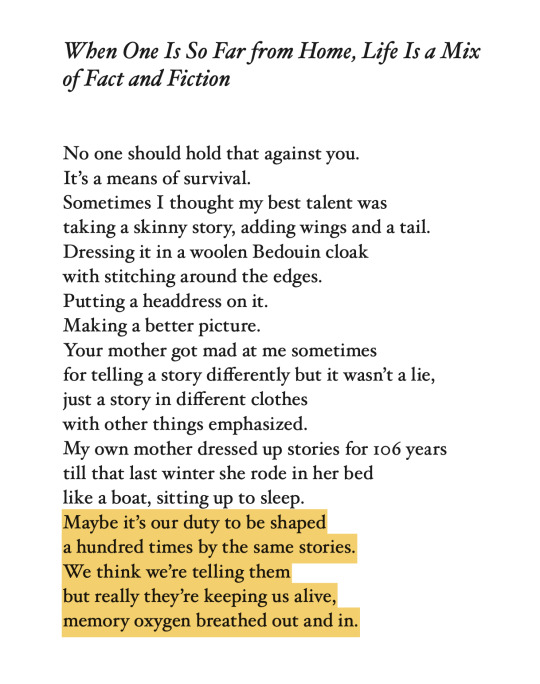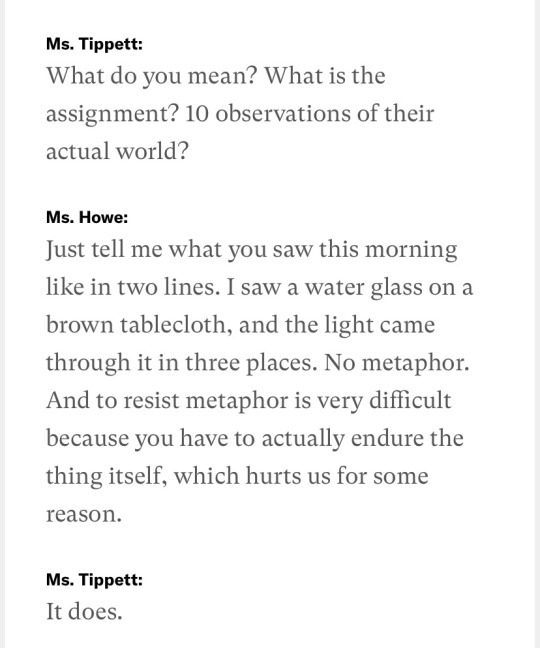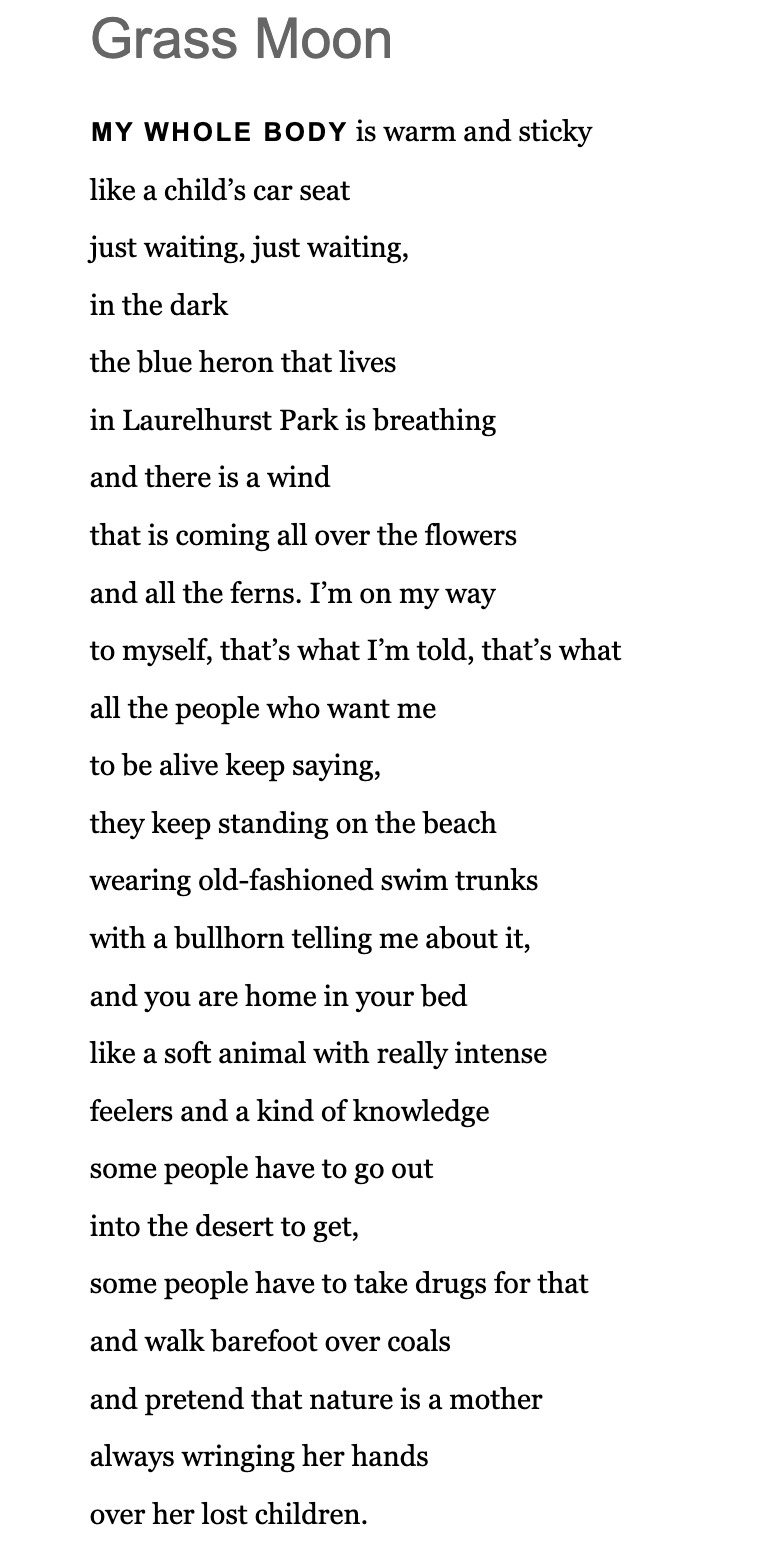metaphorfordeath
298 posts
Ollie / 28 / they. I write things. Work appears in God's Cruel Joke, Reader Beware, and on the Creepy podcast. Like my work? Buy me a coffee: https://ko-fi.com/olliews | Now on Bluesky: @olliews
Last active 2 hours ago
Don't wanna be here? Send us removal request.
Text
Got the proof of my story coming out in God's Cruel Joke later this year and it looks gorgeous, so excited to finally share this one with everyone
#ive been sitting on it for something like 3 years#GCJ is a great mag run by a great guy#do support them if you have the means to do so. transgressive lit mags like this one are a dying breed
4 notes
·
View notes
Text

Franz Kafka, from a letter to Oskar Pollak [tr. Winston (1977)]
1K notes
·
View notes
Text
What to Give a Sh*t About While Brainstorming Your Book
(A.K.A. Before You Even Touch That Shiny Blank Page)
↳ What You’re Actually Obsessed With Stop trying to write what’s trendy. What do you spiral about at 2 a.m.? What ideas make you grin like a gremlin and mutter, “Ohhh, that’s juicy”? That’s your story. Chase that weird, niche, can’t-let-it-go stuff. Your obsession will be the fuel that drags you through chapter 27 when everything sucks and you kind of want to fake your own death.
↳ Your Story’s “Why the Hell Should Anyone Care?” Not in a mean way. But genuinely—why should a stranger give up sleep to read this? What itch does it scratch? What feeling does it deliver? Figure that out early and let it guide you like a tiny emotional compass. If you can’t answer it yet, cool. But keep poking at it until you can.
↳ A Character With Big, Messy Feelings Don’t start with a plot. Start with a person. A disaster with a wound and a want. Someone who wants something so badly it makes them do unwise things. Get to know them like a nosy therapist. Let them tell you what kind of story they want to be in.
↳ Conflict That Isn’t Just Vibes Mood boards are fun. But conflict is what makes a story move. Make sure you’ve got some stakes, emotional, relational, existential, literal. If your idea doesn’t have anything to push against, it’s not a story yet. It’s an inspiration board.
↳ A Rough Emotional Shape Not an outline. Not yet. Just… the feeling. Where does it start (lonely)? Where does it go (rage)? Where does it end (hopeful)? Think of your book like a rollercoaster. You need the high points, low points, and those slow creaky climbs that make people scream. If it’s all flat? Snoozefest.
↳ The One Vibe You Want to Nail Every great book has a thing. An atmosphere. A flavor. Your job during brainstorming is to catch the scent of it. Is it spooky and tender? Funny and tragic? Cozy but secretly brutal? Whatever it is, write it down. Tattoo it on your brain. Let it infect every scene.
↳ Something You’re Scared to Write About You don’t have to go here. But if something in your gut says, “Oh god, I could never write about that”… maybe poke it. Maybe there’s gold in there. Maybe the story wants to heal something. You don’t have to bleed for your art—but if it makes you uncomfortable in a thrilling way? That’s your fire.
3K notes
·
View notes
Text







richard siken new afterword to crush 20th anniversary edition. will text ID it later i just wanted to yoink this from twitter his formatting was ass
2K notes
·
View notes
Text
I've already said that my number one piece of writing advice is to read.
But my number two piece of advice is this: be deliberate.
Honestly this would fix so many pieces of bad writing advice. Don't forbid people from doing something, tell them to be conscious and deliberate about it. This could help stop people from falling into common mistakes without limiting their creativity. Black and white imperatives may stop a few annoying beginner habits, but ultimately they will restrict artistic expression.
Instead of "don't use epithets": "Know the effect epithets have and be deliberate about using them." Because yes, beginners often misuse them, but they can be useful when a character's name isn't known or when you want to reduce them to a particular trait they have.
Instead of "don't use 'said'" or "just use 'said'": "Be deliberate about your use of dialogue tags." Because sometimes you'll want "said" which fades into the background nicely, but sometimes you will need a more descriptive alternative to convey what a character is doing.
Instead of "don't use passive voice": "Be deliberate about when you use passive voice." Because using it when it's not needed can detract from your writing, but sometimes it can be useful to change the emphasis of a sentence or to portray a particular state of mind.
Instead of blindly following or ignorantly neglecting the rules of writing, familiarize yourself with them and their consequences so you can choose when and if breaking them would serve what you're trying to get across.
Your writing is yours. Take control of it.
It probably sounds like I'm preaching to the choir here because most of my mutuals are already great writers. But I'm hoping this will make it to the right people.
23K notes
·
View notes
Text
One of the most important lessons I ever learned about art was when I became a late addition to the editorial board for the literature part of my high school's lit/art magazine, which nobody ever read.
Because I realized after a couple of meetings that my moments of baffled distress during them were centering around a pattern of our votes electing by majority to reject most of the good, interesting stuff and agree to publish the very bland.
So I was looking around this room of people I mostly liked or respected if not both, trying to figure out what the fuck when there was no reasonable way of asking, until the day we by majority vote sent definitely the best thing submitted all year back pending 'revisions' which of course would not be made, because the poet would definitely either become demoralized or know for damn sure she was too good for our stupid journal. I have no idea which it was; it's a question of mindset, and the submissions were anonymous.
This good poem was rejected for two reasons, both of which were actually manifestations of it being good. One was that it had made a couple of the board uncomfortable--not by having any shocking subject material, mind, just by provoking emotions with unusual descriptive language and indirectness--and they'd transmitted that uneasiness throughout the group during discussion.
And the other, seized upon as an excuse in light of the first, was that by being complex in terms of both structure and notion it had drawn several of us in, interested enough to engage critically and respond in depth, and so we'd marked it up with lots of places we thought a word choice could have been a little stronger, a line break had been a little odd; ways we thought it could have been a more excellent version of the poem we perceived in it. None of them ways it was actually bad. Just places we felt it could have been better.
At the same meeting, we voted to accept a poem that was an utterly tepid rectangle of predictable nothing-in-particular, because no one could find anything in it to object to.
It wasn't good. It wasn't noticeably bad, either, though; it was one consistent level of mediocrity clear through, and thus no part of it stood out as a weakness, and therefore the committee found it more acceptable than the poem that was superior in every way, but which by being daring and interesting had left itself covered in vulnerable places.
The understanding I reached as a result of this experience was multi-layered and difficult to articulate, but the most important part, I think, to share is that the value and quality of a work are not, in fact, very well measured by how many negative things you can find to say about it.
19K notes
·
View notes
Text
In 1909, the biologist Jakob von Uexküll noted that every animal exists in its own unique perceptual world — a smorgasbord of sights, smells, sounds and textures that it can sense but that other species might not. These stimuli defined what von Uexküll called the Umwelt — an animal’s bespoke sliver of reality. A tick’s Umwelt is limited to the touch of hair, the odor that emanates from skin and the heat of warm blood. A human’s Umwelt is far wider but doesn’t include the electric fields that sharks and platypuses are privy to, the infrared radiation that rattlesnakes and vampire bats track or the ultraviolet light that most sighted animals can see.
The Umwelt concept is one of the most profound and beautiful in biology. It tells us that the all-encompassing nature of our subjective experience is an illusion, and that we sense just a small fraction of what there is to sense. It hints at flickers of the magnificent in the mundane, and the extraordinary in the ordinary. And it is almost antidramatic: It reveals that frogs, snakes, ticks and other animals can be doing extraordinary things even when they seem to be doing nothing at all.
~ Ed Yong, NY Times Opinion, 6-21-22
47K notes
·
View notes
Text

Edna St. Vincent Millay // "Spring" [ID in alt text]
731 notes
·
View notes
Photo

Frank O’Hara, from Meditations in an Emergency
12K notes
·
View notes
Text
Personal
by Tony Hoagland
Don’t take it personal, they said; but I did, I took it all quite personal —
the breeze and the river and the color of the fields; the price of grapefruit and stamps,
the wet hair of women in the rain — And I cursed what hurt me
and I praised what gave me joy, the most simple-minded of possible responses.
The government reminded me of my father, with its deafness and its laws,
and the weather reminded me of my mom, with her tropical squalls.
Enjoy it while you can, they said of Happiness Think first, they said of Talk
Get over it, they said at the School of Broken Hearts
but I couldn’t and I didn’t and I don’t believe in the clean break;
I believe in the compound fracture served with a sauce of dirty regret,
I believe in saying it all and taking it all back
and saying it again for good measure while the air fills up with I’m-Sorries
like wheeling birds and the trees look seasick in the wind.
Oh life! Can you blame me for making a scene?
You were that yellow caboose, the moon disappearing over a ridge of cloud.
I was the dog, chained in some fool’s backyard; barking and barking:
trying to convince everything else to take it personal too.
403 notes
·
View notes
Text
Offering
by Ursula K. Le Guin
I made a poem going to sleep last night, woke in sunlight, it was clean forgotten.
If it was any good, gods of the great darkness where sleep goes and farther death goes, you not named, then as true offering accept it.
2K notes
·
View notes
Text

from "11 POEMS—TITLES BY AZIZ SHIHAB—FROM HIS NOTEBOOKS" as featured in Naomi Shihab Nye's Transfer: Poems
3K notes
·
View notes
Text

marie howe, in an interview with krista tippett of on being
49K notes
·
View notes
Text
Scientific Method
by James Tadd Adcox
Picture the ocean. No. Picture the entire thing, all at once. You are not doing it. It’s okay. One day something terrible will happen, and I will not be prepared.
5K notes
·
View notes
Text
The Conditional
by Ada Limón
Say tomorrow doesn’t come. Say the moon becomes an icy pit. Say the sweet-gum tree is petrified. Say the sun’s a foul black tire fire. Say the owl’s eyes are pinpricks. Say the raccoon’s a hot tar stain. Say the shirt’s plastic ditch-litter. Say the kitchen’s a cow’s corpse. Say we never get to see it: bright future, stuck like a bum star, never coming close, never dazzling. Say we never meet her. Never him. Say we spend our last moments staring at each other, hands knotted together, clutching the dog, watching the sky burn. Say, It doesn’t matter. Say, That would be enough. Say you’d still want this: us alive, right here, feeling lucky.
468 notes
·
View notes





